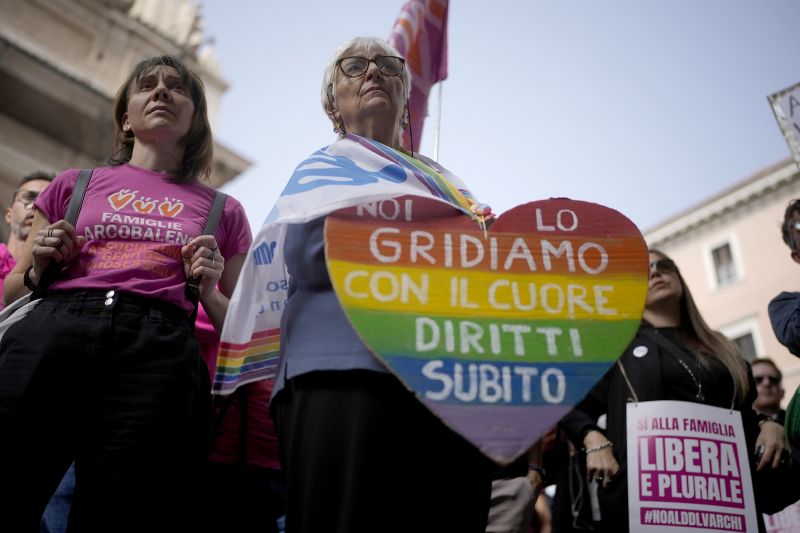Surrogacy abroad has been a topic of heated discussion in Italy over recent years. Recently, Italy introduced legislation criminalizing the process, a move that has drawn significant backlash from critics. They argued that such legislation is backward and could potentially lead to significant issues for couples seeking fertility options.
Starting from the legal perspective, Italy’s new law on surrogacy abroad is crystal clear. Anyone who seeks or encourages surrogacy, even in countries where it is legal, could face prison time. The law, promoted by conservative parties, has been passed under the framework of protecting potential surrogate mothers and unborn children from exploitation.
The Italian government argues that the surrogate mother, though usually in considerably less fortunate situations, should have the right to maintain the connection with the child they are biologically related to. Additionally, they are concerned about the physical and psychological health risks associated with pregnancy and childbirth, which the surrogacy process could involve.
Within the Italian legal context, domestic surrogacy is not only disallowed but also regarded as a criminal offense – a point of view deemed necessary to deter possible trafficking scenarios. The new amendment takes it a step further, stretching the jurisdiction to Italians who carry out this practice abroad.
However, the law has been labeled “medieval” by critics, who believe it deprives couples of the right to decide on their reproductive options. While the moral and ethical considerations around surrogacy are layered, critics argue that the newly imposed law is overly restrictive and may lead to discriminatory practices against people who cannot naturally conceive.
Upon the announcement of the law, there has been an outcry of public disapproval. LGBTQ+ groups, who heavily rely on surrogacy as a means of realizing their dream of parenthood, have been vocal in their criticism. They highlight that the Italian government’s ban on surrogacy puts a disproportional burden on their community.
Further criticism touches on the potential risks this new law poses. Those desperate to start a family may be driven to underground and unregulated surrogacy markets, exposing them and the surrogate mothers to potentially more exploitative conditions. The law, thus, creates an environment conducive to illegal activities rather than preventing them.
Advocates for surrogacy abroad, on the other hand, emphasize the significance of establishing globally recognized standards and regulations for surrogacy. They believe this approach would be more beneficial than outright banning the practice. By doing this, it could ensure surrogate mothers’ rights are protected, and couples seeking this option are doing so within a regulated, safe, and ethical framework.
Another controversial aspect is the discrepancy in Italy’s stance compared to other European countries. Many EU member states have regulations in place that allow surrogacy, although under certain conditions. The disparity in the legal position across Europe renders the Italian law arguably isolationist and potentially discriminatory against its citizens.
In summary, the law criminalizing surrogacy abroad brings with it a convoluted mix of reactions that range from advocacy for human rights protection to cries of discrimination and deprivation of freedom. It demonstrates the challenges nations face when navigating complex bioethics within the sphere of parental rights, reproductive technologies, and personal freedoms. The Italian case serves as a precedent for other countries grappling with similar issues, and only time will reveal its long-term societal implications.




